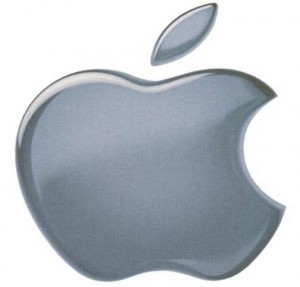 Pop quiz – What does a soldier spend most of his time doing?
Pop quiz – What does a soldier spend most of his time doing?
Someone might correctly point out that a soldier’s job is to defend his or her country by being ready to fight. So, do they spend most of their time fighting? In most armies, the answer is “no,” even when their country is at war. Soldiers spend most of their time waiting, practicing and preparing for the (relatively) brief times that they are in combat.
Military leaders know this, of course, and therefore create activities, training, simulations and duties to occupy the downtime between combat circumstances. Thus, when combat does occur, their troops are well prepared to win.
What about competitive intelligence professionals? What do you spend most of your time doing?
Many might guess that you and I are constantly engaged in projects for internal (or, for consultants, external) clients. That might be true for some people but my experience is that there can be significant downtime for most. By “downtime,” I mean that there is time when there is not a specific pressing project or task to complete. Maybe the management focus is on another issue or leaders are reacting to other problems. This time is a breathing spell that may be short or long. However, we know that it will end, perhaps abruptly when a new request for urgent competitive intelligence arrives.
How can the time between competitive intelligence projects be used productively?
(I have a short survey at http://jthawes.limequery.com/17155/lang-en on Competitive Intelligence Monitoring. Please add your opinion.)
I think that there are five R’s to remember to make this time useful.
Read the rest of this entry




